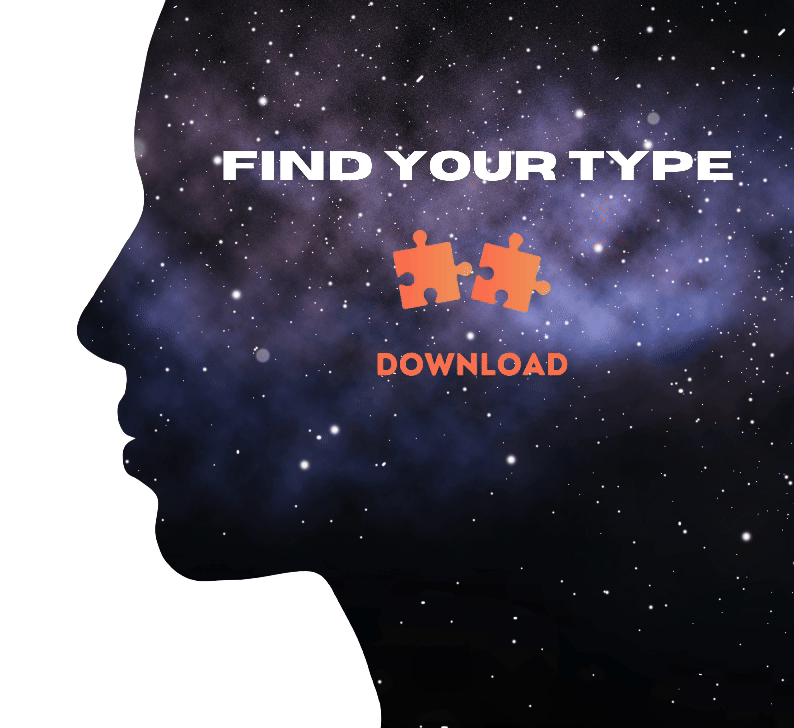Personality type of Polyamory
Personality type of Polyamory
Polyamory, while not a personality type in itself, can be understood through the lens of various personality traits and behaviors. People who embrace polyamorous relationships often exhibit characteristics that align with openness, emotional intelligence, and flexibility. These traits can be found across multiple personality types but often resonate with individuals who possess strong interpersonal and introspective qualities.
Here’s a breakdown of some personality traits often associated with individuals who explore or embrace polyamorous relationships:
Openness to Experience
One of the core aspects of polyamory is openness, both in terms of emotional connections and experiences. People who engage in polyamory often have a high degree of openness to new experiences, one of the Big Five personality traits. This trait is marked by curiosity, imagination, and a desire to explore different ways of relating to others. People with this characteristic are not afraid to question conventional norms and seek alternative ways of building relationships. They value personal growth and exploration, not just in their romantic lives but in other areas as well.
Emotional Intelligence and Communication
Polyamorous individuals tend to possess or develop strong emotional intelligence. Emotional intelligence involves the ability to understand, manage, and communicate emotions effectively. In polyamorous relationships, clear and honest communication is essential for maintaining harmony between multiple partners. Individuals who engage in polyamory often have a high capacity for empathy, active listening, and open dialogue, enabling them to navigate complex emotional dynamics.
Non-Judgmental and Non-Possessive
People who are drawn to polyamory usually hold non-judgmental and non-possessive views when it comes to relationships. They may reject traditional views of romantic exclusivity and instead believe in the possibility of loving more than one person simultaneously without detracting from the value of any particular relationship. This mindset fosters a sense of mutual respect and understanding, allowing each partner to experience individual freedom while maintaining deep connections.
Independence and Autonomy
Independence is often a key trait for individuals in polyamorous relationships. They value personal autonomy and expect the same for their partners. Polyamorous individuals understand that each partner in a relationship is a unique person with their own needs, desires, and boundaries. They are comfortable with maintaining multiple relationships without feeling the need to control or possess their partners. This sense of independence contributes to the mutual trust required in polyamorous setups.
Flexibility and Adaptability
Navigating multiple relationships requires a high level of adaptability. Individuals who are comfortable with change, flexible in their approach, and open to the evolving nature of human relationships are often better suited to polyamory. This flexibility allows them to adjust to the needs of different partners and to understand that each relationship may take on a unique form. Such individuals can balance their emotional investments and time across multiple relationships.
Compersion: Finding Joy in Others’ Happiness
In polyamory, the term "compersion" is often used to describe the feeling of joy or happiness when one's partner experiences happiness or love with another partner. It’s an important concept in polyamorous communities and reflects an emotionally mature, selfless approach to relationships. Compersion contrasts with feelings of jealousy, although jealousy is natural and can arise in polyamory. However, people who can manage jealousy and focus on compersion tend to navigate polyamory more smoothly.
Challenges of Polyamory
Despite its positive aspects, polyamory can be challenging for many individuals. Those who struggle with insecurity, possessiveness, or a strong desire for exclusivity might find polyamory difficult to navigate. The complexity of managing multiple emotional bonds can also be overwhelming for people who thrive in more traditional relationship structures. However, with the right mindset and strong communication skills, polyamory can offer fulfilling, dynamic connections for those who embrace it.
Conclusion
Polyamory is not limited to any one personality type, but it often resonates with individuals who are open, emotionally intelligent, flexible, and independent. These traits allow people to navigate the intricacies of loving more than one person and balancing multiple relationships. While polyamory requires a deep commitment to communication and emotional understanding, it offers a framework for exploring love and connection in non-traditional ways.
Enjoyed this? Check out: Personality type of Yuiwoo
.
.
.
